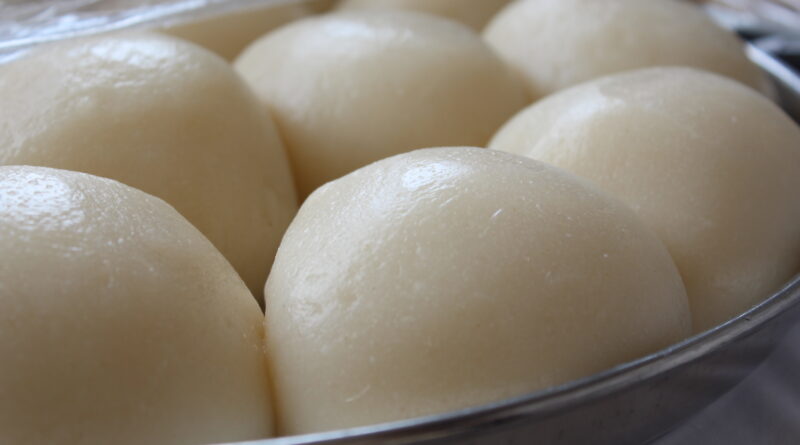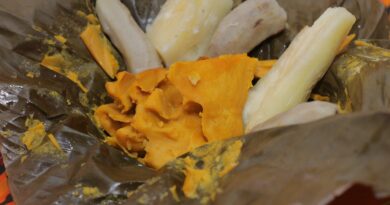Placali
Exploring Placali: The Unique Delicacy of West Africa
Introduction: Nestled in the heart of West Africa lies a culinary gem that has been cherished for generations – Placali. This traditional dish holds a special place in the hearts and palates of many across the region, with its rich history, unique preparation, and unforgettable taste. In this article, we delve into the world of Placali, uncovering its origins, ingredients, preparation methods, and cultural significance.
Origins and History: Placali traces its origins to the Akan people of West Africa, particularly in countries like Ivory Coast, Ghana, Togo, and Benin. This staple food has been a part of the region’s culinary heritage for centuries, with its roots deeply embedded in local traditions and customs.
The name “Placali” is believed to have originated from the Akan language, where “pla” means “to spread” and “cali” means “bread.” This hints at the dish’s basic form – a thick paste or dough that is spread and served with various accompaniments.
Ingredients: The primary ingredient used in making Placali is fermented corn dough. This dough is prepared by soaking maize kernels in water for several days, allowing them to ferment. The fermentation process not only enhances the flavor of the corn but also makes it easier to digest and increases its nutritional value.
Once fermented, the corn kernels are ground into a fine paste, which forms the base of Placali. Depending on regional variations and personal preferences, other ingredients such as cassava, millet, or yam may also be added to the dough for additional flavor and texture.
Preparation Method: The preparation of Placali is a labor-intensive process that requires patience and skill. To begin, the fermented corn dough is mixed with water to form a thick, smooth paste. This paste is then cooked over low heat, stirring continuously to prevent it from sticking to the pot and to ensure even cooking.
As the mixture cooks, it gradually thickens and develops a distinct aroma that is characteristic of Placali. Once cooked, the paste is allowed to cool slightly before being shaped into small balls or patties. These patties are then served with a variety of accompaniments, ranging from savory sauces and stews to grilled meats and vegetables.
Cultural Significance: Placali holds significant cultural importance in West African communities, where it is often enjoyed as a communal meal during special occasions and celebrations. It serves as a symbol of unity and togetherness, bringing families and friends together around the dining table to share in its delicious flavors and rich heritage.
In addition to its cultural significance, Placali also holds nutritional value, providing a rich source of carbohydrates, vitamins, and minerals. The fermentation process not only enhances the flavor of the corn but also increases its digestibility and bioavailability, making it a nutritious staple food for many across the region.
Variations and Regional Differences: While the basic recipe for Placali remains the same across West Africa, there are variations and regional differences that reflect the diverse culinary traditions of the region. In some areas, Placali may be served with spicy sauces made from tomatoes, onions, and peppers, while in others, it may be accompanied by savory stews made from meats, fish, or vegetables.
In Ghana, for example, Placali is often served with a spicy okra stew known as “labor,” while in Ivory Coast, it may be paired with grilled fish or chicken and a side of spicy salsa. These regional variations add depth and complexity to the dish, ensuring that no two servings of Placali are ever quite the same.
Conclusion: In conclusion, Placali is more than just a dish – it is a symbol of West Africa’s rich culinary heritage and cultural diversity. From its humble origins to its cherished place on dining tables across the region, Placali embodies the spirit of tradition, community, and celebration.
Whether enjoyed as a simple snack or as part of a festive feast, Placali continues to captivate the senses and bring people together through its unforgettable taste and timeless appeal. So the next time you find yourself in West Africa, be sure to seek out this culinary treasure and experience the magic of Placali for yourself.



